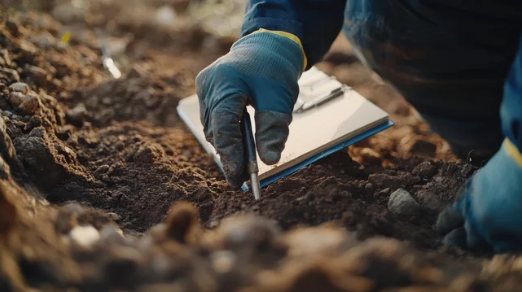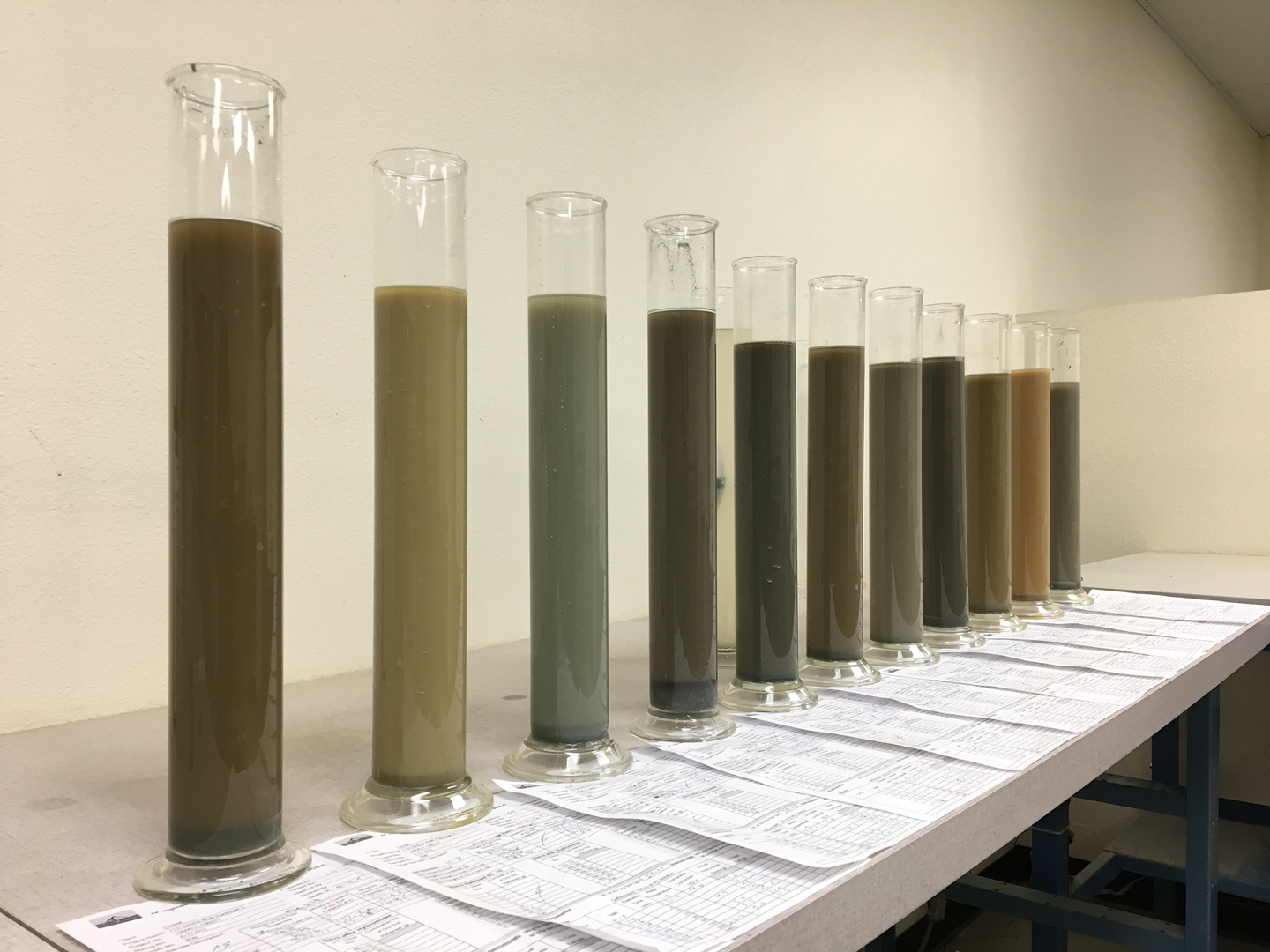



Detailed geotechnical investigations for high-rise buildings, bridges, highways, dams, and any large infrastructure projects where continuous subsurface profiles are needed.
Foundation design for buildings, bridges, roadways, and earth dams; it’s widely used in assessing soil strength and density for most civil engineering structures.
Quality control in embankments, road construction, airport runways, and earthworks; ensures proper compaction in pavement layers and backfills.
Foundation design for buildings, parking structures, and light bridges; used to assess the bearing capacity and settlement characteristics of shallow foundations.
Groundwater resource projects, deep well installations, environmental remediation sites, and assessing water-related risks for deep foundations.
Determining the percentage of water in soil relative to its dry weight, which influences soil behavior.
Identifying the liquid, plastic, and shrinkage limits of fine-grained soils for classification purposes.
Analyzing the proportions of different-sized particles in soil to understand its composition and grading.
Measuring the density of soil particles relative to water, used for various soil property calculations.
Evaluating how well soil can be compacted, often using Proctor methods, to achieve desired strength and stability.
Determining the maximum compressive strength of a cohesive soil without lateral confinement.
Assessing how soil volume decreases under long-term loading, simulating settlement over time.

